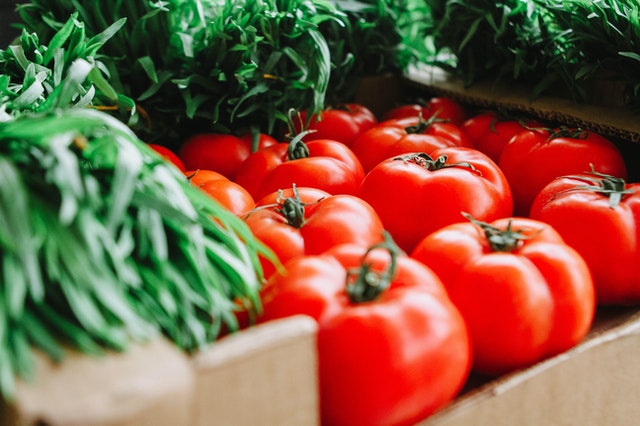Recent Posts
-

- Diabetes-Friendly Nutrition: Smart... 08.12.2024
-

- Nutrition for Chronic... 08.12.2024
-

- Anti-Inflammatory Diet: Food... 08.12.2024
-

- Low-Sodium and Heart-Healthy:... 08.12.2024
-

- Plant-Based Diets for... 08.12.2024
Are Your Organic Fruits And Vegetables Really Organic?

Organic market in Singapore is still in its infancy. Most organic food consumers are expats and middle and upper class Singaporeans who lived or studied abroad and were exposed to the value of the organic food. The country is too small to produce much of its own organic food, so the consumers depend on the imports.
Fresh organic food – organic fruits and vegetables - mostly comes from Australia and New Zealand, but some of it comes from other countries in the region: Malaysia, Thailand, Indonesia and China.
When the organic food comes to the Singapore stores, it is supposed to be labeled ‘organic’ by a certifying agency of the country it comes from. Unfortunately, the certification process is far from being straightforward. The problems exist even in the countries with a long tradition of organic food certification like the USA. The Department of Agriculture recently put 15 out of 30 organic certifying agencies on probation because of poor certification practices.
The whole scandal blew up when the organic ginger from China was found to contain pesticide aldicarb, which can cause headaches, nausea, and blurred vision. The levels of aldicarb were so high that they were not permitted even in normal ginger, not to mention organic one.
In 2000, China had 800 organic producers certified by the government. Together, their sales reached $4 billion, about $140 million from export. The growth of organic food is expected to continue healthy trend of 20 percent.
Unfortunately, the criteria for certifying organic food in China is not matching international, and China is not allowing foreign inspectors to check if the organic farms are following strict conditions for organic production.
Many American consumers are taking matters in their own hands and making sure that organic fruits and vegetables they eat are truly organic, by buying only from local farmers they personally know and visited. Some farmers are committed to organic agriculture because they believe in the importance of eating organic food, free of pesticides and fertilizers, and they want to contribute to the sustainable use of natural resources. In many countries where the organic food production is a novelty, there is no such commitment. The reason to switch to organic farming is driven solely by the potential of higher profit.
For Singapore consumers, very little organic food and vegetables are produced locally. Singapore does not have enough arable land to grow its own food and almost completely depends on imports. That means that the consumers are forced to trust labels on the food that comes from distant countries with often questionable organic certification practices.
The best the consumers in Singapore can do is to read labels and make sure that the food is at least labeled organic. There is likelihood that what is labeled organic in Australia and New Zealand is truly organic, since their organic certification has long tradition. But, as the case of the USA shows, even that is not a guarantee.
It is hoped that, as the number of consumers of organic food in Singapore grows, they will make pressure on the government to establish a system of certification and checking of imported organic food, to make sure that the consumers are protected.
Photo by Rauf Allahverdiyev from Pexels
So go for the healthier organic food option – if you haven’t already – and check out the freshest selections at our bestorganicfood.sg store.





